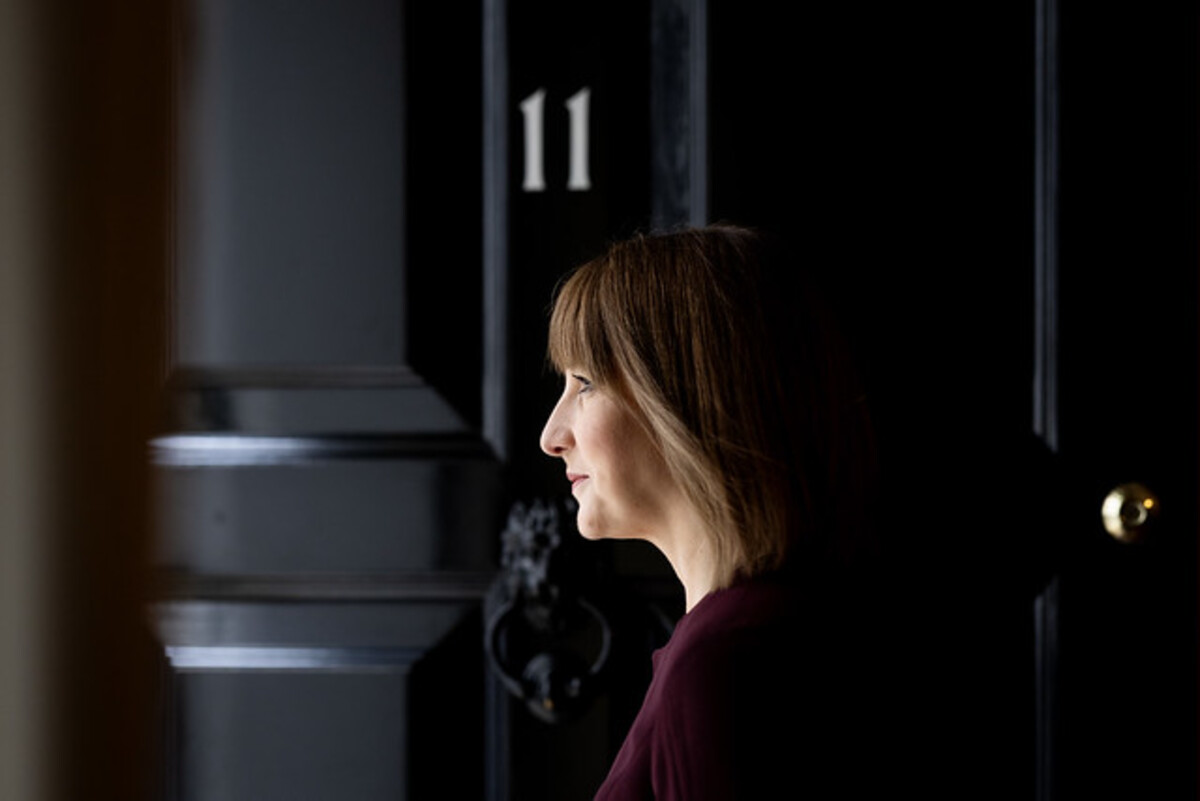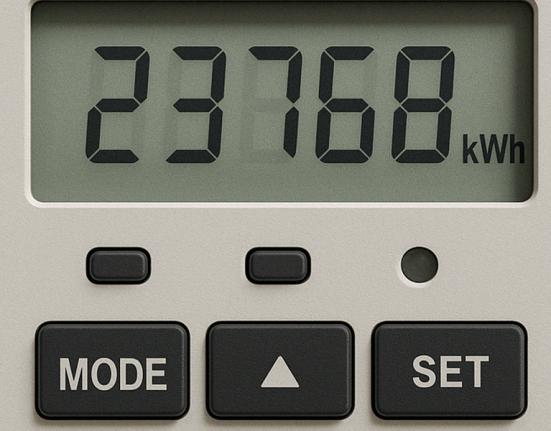Let’s be honest: this wasn’t a Spring Statement – it was a performance. And in the grand tradition of Westminster theatre, Rachel Reeves is trying to pull off a trick worthy of Houdini. The audience? A jittery electorate, battle-scarred civil service, and baying press pack. The stakes? Fiscal credibility vs political capital. And right now, Reeves is walking a tightrope with nothing but a spreadsheet for a safety net.
Her £14bn repair job on the public purse is less “visionary reform” and more back-alley triage. No tax rises – yet. But everyone in the stalls can see the scalpel glinting in the wings. Because Reeves isn’t just fixing the books. She’s fixing perceptions. And in the age of meta-politics, that’s the real economy she’s managing.
Let’s talk about spin. Reeves’ team dubbed this the start of a “decade of national renewal” – but behind the curtain, it’s a brutal balancing act between ideology and necessity. A welfare squeeze here, a planning reform there. Military investment wrapped in a red, white, and blue bow. And all of it framed as pragmatism. That’s the genius: take a fiscal straightjacket and sell it as a tailored Savile Row suit.
Fiscal headroom tightening
But here’s the real trick: she didn’t raise taxes – but she will. The OBR knows it. The IFS (Institute for Fiscal Studies) is shouting it from the rooftops. Reeves’s headroom is tighter than a drum – £9.9bn to play with, a third of what past Chancellors enjoyed. And we’re one Trump tantrum or trade war away from that disappearing in a puff of smoke.
And the spring statement? A masterclass in pre-emptive justification. Reeves didn’t just signal austerity-lite – she branded it as “stability”. Cuts to welfare? Necessary for fiscal credibility. Defence spending? An investment in Britain’s industrial muscle. Planning reform? The magic bullet for growth. It’s message discipline on steroids – calibrated to reassure markets, confound opponents, and soften up the electorate for the pain to come.
Tax speculation
But every show has a twist. Reeves’s refusal to raise taxes now means speculation will dominate the next six months. And that uncertainty is corrosive. It invites leaks, lobbying, and loathing in equal measure. Business hates guessing games. Voters hate surprises. And Reeves risks looking like she’s dodging the hard truths, even as she’s dishing out hard choices.
Reeves’s stealth tax gamble
This is where the spin starts to fray. Announcing a national insurance hike last year, due next month, that will squeeze real wages? That’s not absent from the Spring Statement – it’s just offstage, waiting for its entrance. Combine that with VAT on private school fees, inheritance tax tweaks on farms, and capital gains reforms – and we’ve got a stealth tax opera unfolding behind the curtain.
The strategic play here is clear: paint yourself as the adult in the room, the responsible steward cleaning up after a Tory frat party. But the political risk? Looking like a technocrat with no heart. Some 250,000 people pushed into poverty isn’t a footnote – it’s a headline waiting to bite.
This isn’t just economics. It’s narrative warfare. And the next chapter will be written not in Excel, but on the doorstep.







